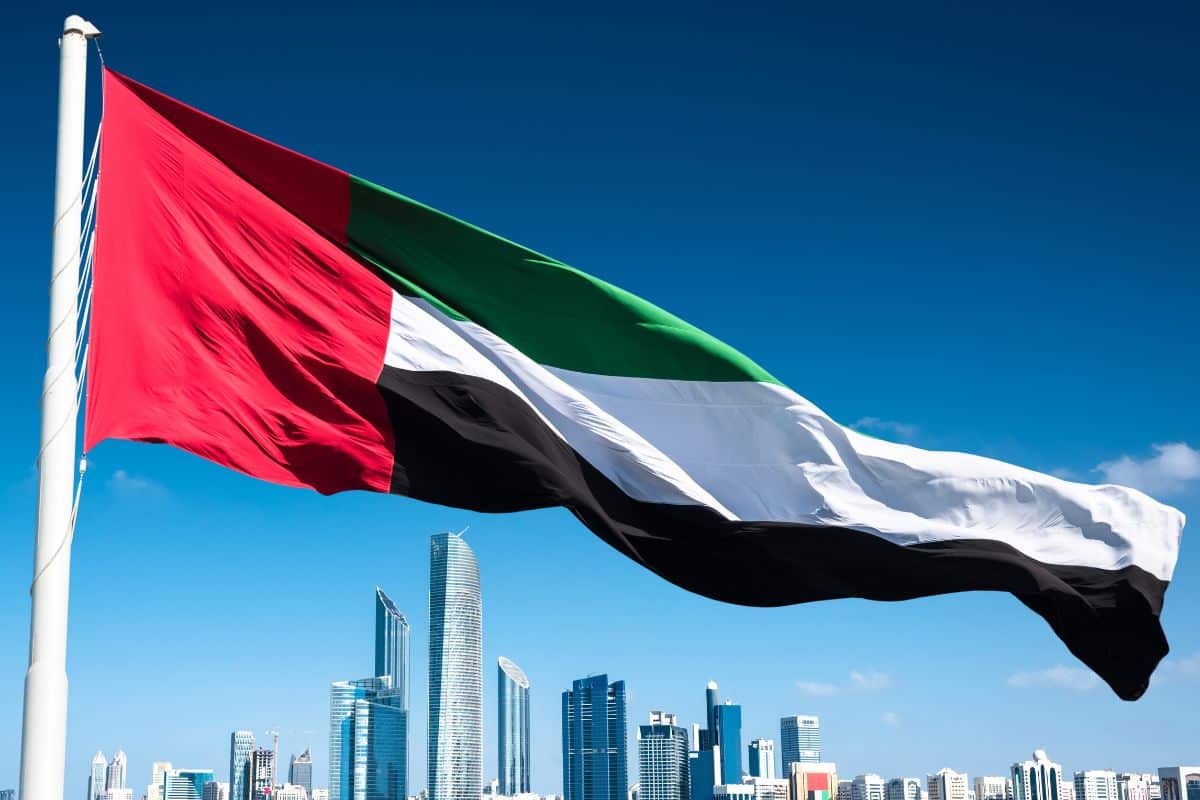UAE economy to grow more than 6% in 2022, IMF says
The UAE economy will grow by more than 6% this year, says the IMF.
Driven by a strong rebound in the tourism sector, construction and higher oil prices it was a notable improvement on the 3.8% improvement the year before.
Dubai World Expo activity was also highlighted as a strong performer in 2022.
Robust growth in UAE
The IMF’s Ali Al-Eyd, who met with UAE authorities to discuss the strong economic growth, said: “Economic growth has been robust this year, led by a strong rebound in tourism, construction, and activity related to the Dubai World Expo, as well as higher oil production in line with the OPEC+ production agreements.
“Overall, GDP growth is projected to reach above 6 percent in 2022, improving from 3.8 percent in 2021.”
Highlighting inflation, the IMF said that it is expected to average above 5% this year, om line with global trends.
Fiscal and external surpluses have increased further, benefiting from the higher oil prices as well as the removal of the temporary COVID-crisis related fiscal support to businesses and households as the pandemic has gradually waned.
Increased global uncertainty led to larger financial inflows, contributing to rapid real estate price growth in some segments.
Looking ahead to next year the IMF says the UAE economic outlook remains positive, supported by domestic activity.
“We expect non-hydrocarbon growth to be around 4 percent in 2023 and to accelerate over the medium-term with the implementation of ongoing reforms,” said Al-Eyd.
“Inflationary pressures are projected to moderate gradually, including from the impact of tightening financial conditions.
“Further development of domestic capital markets, including through the issuance of local currency debt by the federal government will also support growth.”
Despite a broadly positive outlook the IMF says external uncertainties will have an impact on the UAE economy.
The impacts of global economic and financial headwinds, geopolitical developments, and the recently announced OPEC+ production cuts are likely to weigh on the UAE.
However, higher oil prices and healthy fiscal buffers help mitigate risks, while enhancing reform efforts would pose upside risks to medium-term growth.

The IMF also praised the UAE Central Bank for its policies and prudent financial management.
“Looking to the medium-term, we welcome the planned fiscal reforms, including the expected introduction of a corporate income tax and gradual phasing out of business fee structures.
“These should be further advanced to underpin a gradual, growth friendly fiscal consolidation in the context of a strong medium-term fiscal framework to maintain fiscal sustainability. Enhancement and careful coordination of emirate-specific fiscal anchors and rules would ensure a unified national fiscal stance.”
The UAE should stick to its 2050 strategy and continue to diversify its economy to see strong long-term economic growth the IMF said.
This month the World Bank estimated the UAE’s real GDP will grow by 5.9 percent in 2022.
“Higher oil receipts, supplemented with a gradual non-oil recovery in the Emirates will bolster fiscal revenue resulting in a fiscal surplus to hover around 4.4 percent of GDP in 2022,” the bank said in its new Gulf Economic Update (GEU).









